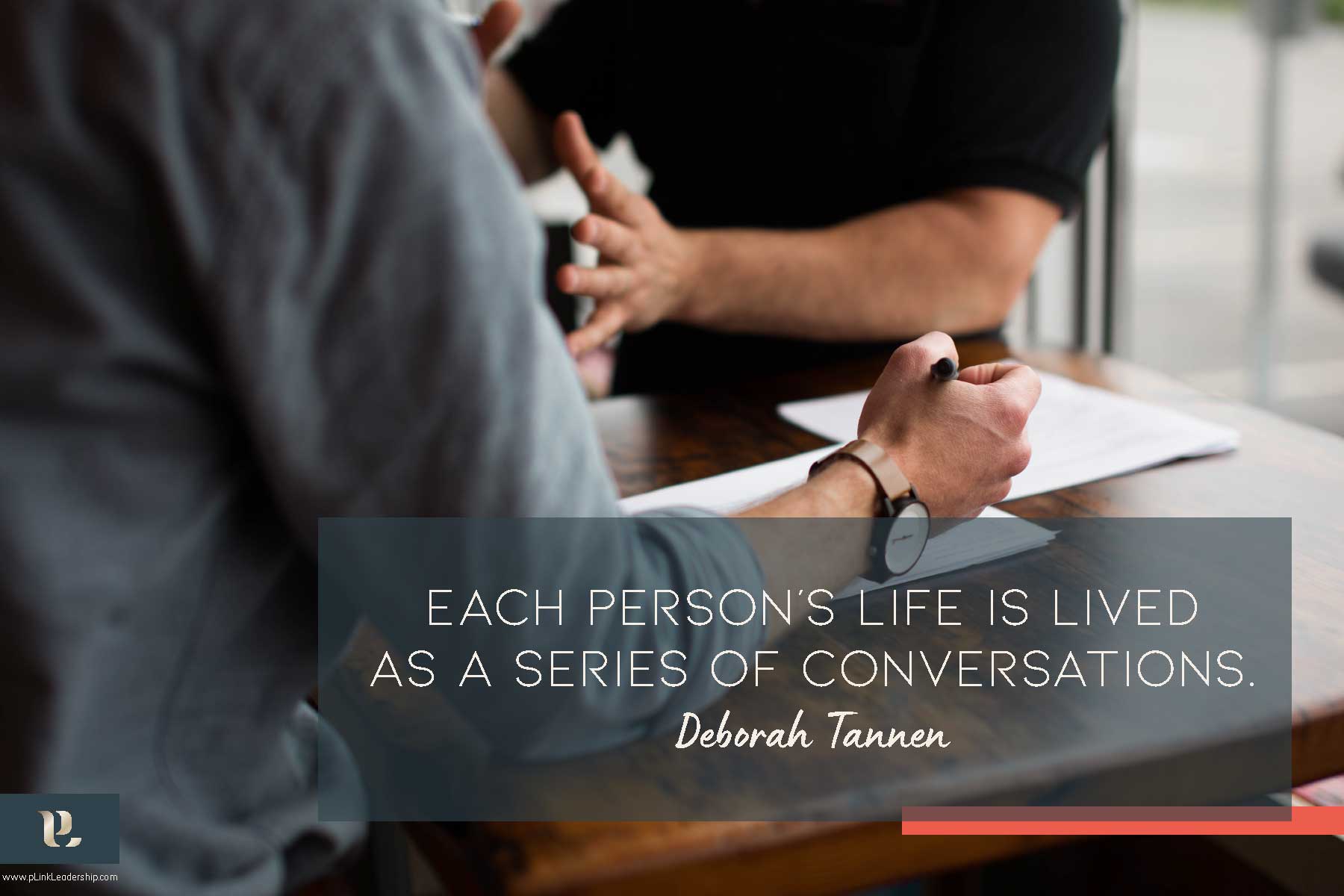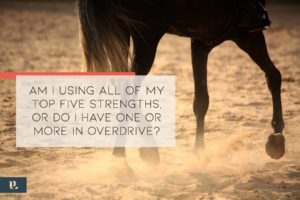Now and then, something or someone impacts the way you think about things. Your perspective shifts and new paths of awareness and insight open up. That happened to me recently. I met a young woman named Amanda Lindhout, who was one of the keynote speakers at a conference I attended. Her story not only touched me deeply, but it also changed how I had intended to approach this month’s blog post on creating outcomes that matter – a critical capability for being an effective leader. Her harrowing and hopeful story, her strength of character, and her resilience gave me a whole new perspective, and got me wondering about …
what the outcomes that matter the most really are.
From humble beginnings, Amanda’s dream was to see and experience the world beyond her small Canadian community. While supporting herself, her pattern was to work, save money, and then go to some far-flung and exotic part of the world – she traveled extensively in South America and the Middle East. When she ran out of money, she’d return home and save until she could again travel.
On one of her trips, she met a free-lance journalist and got inspired to be one, too. She returned to Canada to take a short journalism course at the community college, saved money for a “fancy” camera (as she called it), and then off she went again. This time, as a budding journalist, embedding with a Canadian army unit in Afghanistan. She was eventually hired by a news organization – all this by the ripe old age of 25. This was a young woman focused on creating outcomes that matter in her life.
The flash point in her story occurs after deciding to travel to Somalia to cover an emerging story of famine in the war-torn country. After 4 days, she was kidnapped and held hostage for 460 days. At the conference, Amanda shared vivid details of her brutal and terrifying captivity, her physical and mental anguish. She did so with poise and grace. Suddenly, this delicate-looking young woman was no longer a stranger. She was our sister, our daughter, a member of our family, and the room was filled with our empathy and compassion.
The thing that really mattered, though, was how she had survived and transcended the experience. She talked about reaching a point where she knew that the hatred and anger she felt were killing her.
She shared the strategies she created to survive – using her imagination to create vivid details of the future she wanted. Creating a nightly gratitude practice for even the smallest gifts – hearing a bird sing, drinking some warm tea or seeing the sunlight for a quick second. She described how, at her breaking point, she was able to find a seed of compassion for her captors, understanding how 20 years of war had impacted them, how their lack of education and ultimately hope, made them victims, too. Her practice of compassion and forgiveness was just that … a practice. Some days it worked and made her feel better, and on other days she described forgiveness as being “on the distant horizon.”
Most of us will never experience the things that Amanda did, but her experiences can inform us. Yes, leadership is about creating outcomes that matter. Perhaps, from an even broader perspective, the outcomes that matter most to the world right now are appreciating our common humanity, choosing compassion and forgiveness for ourselves and others, and transforming suffering into growth.



